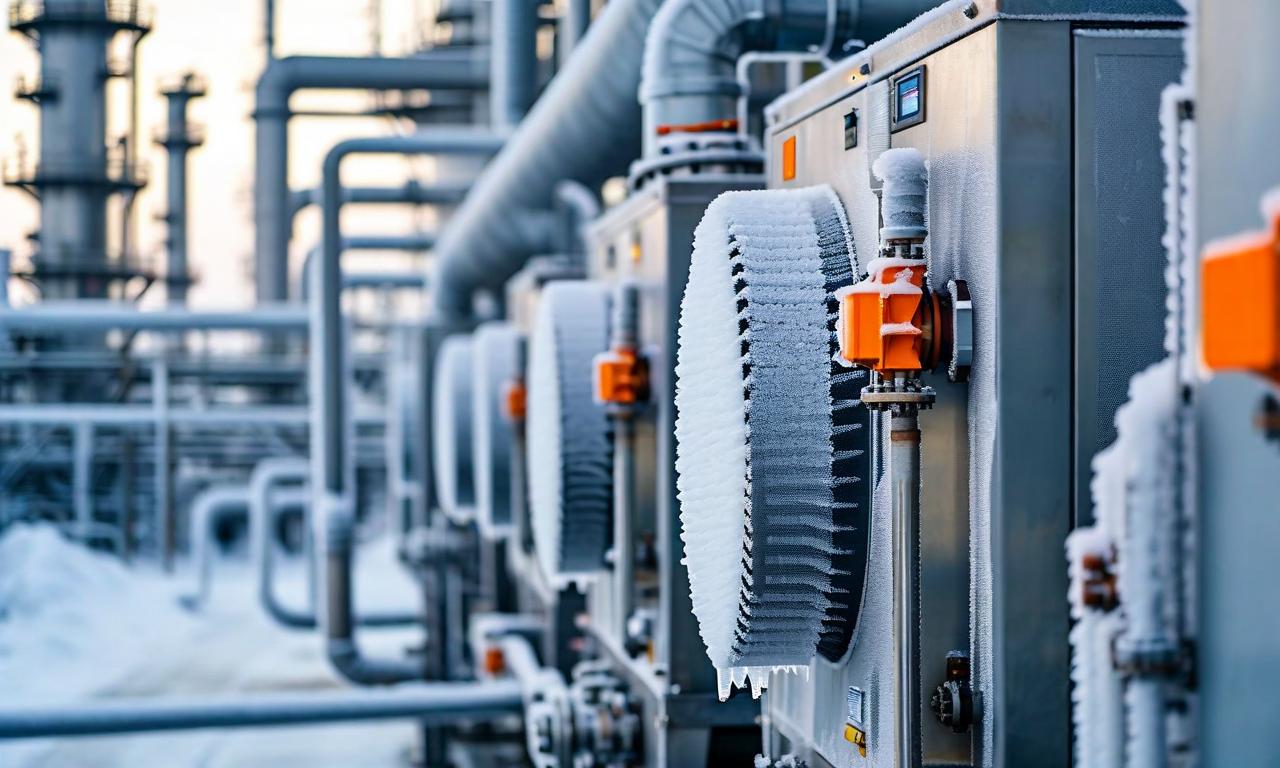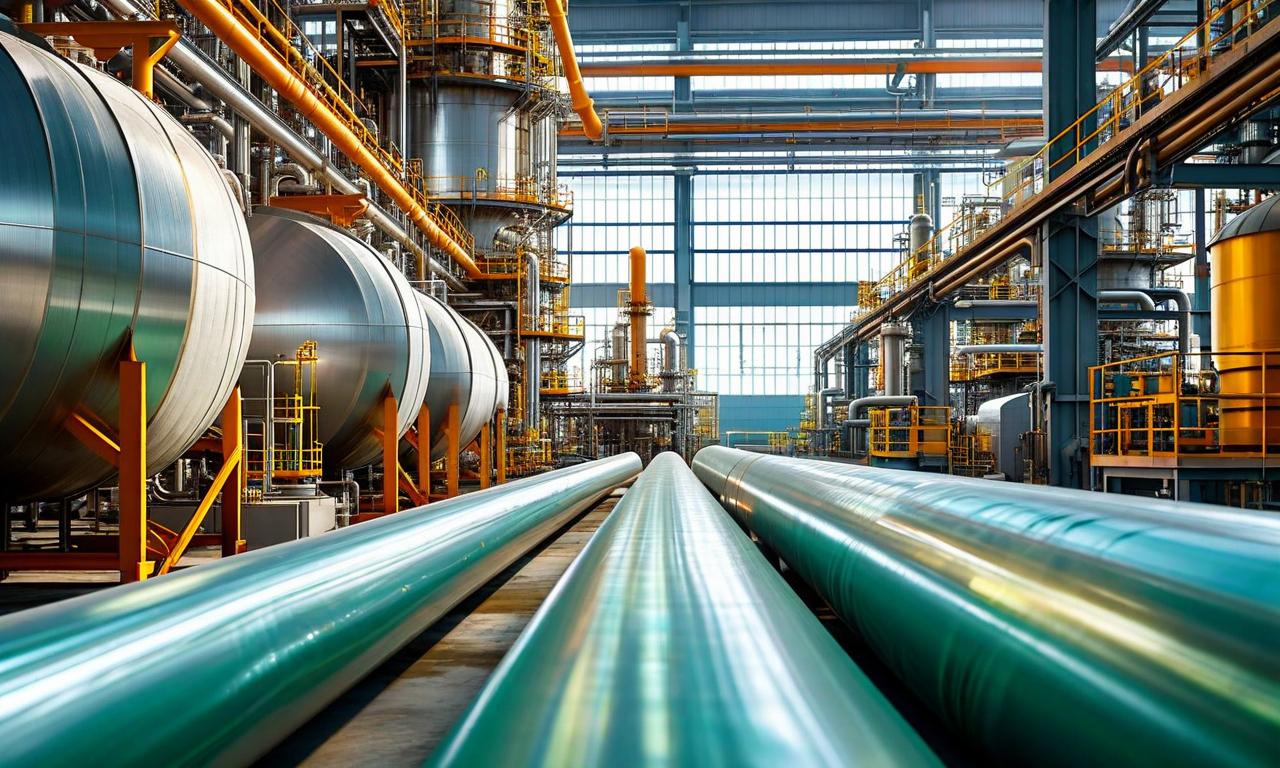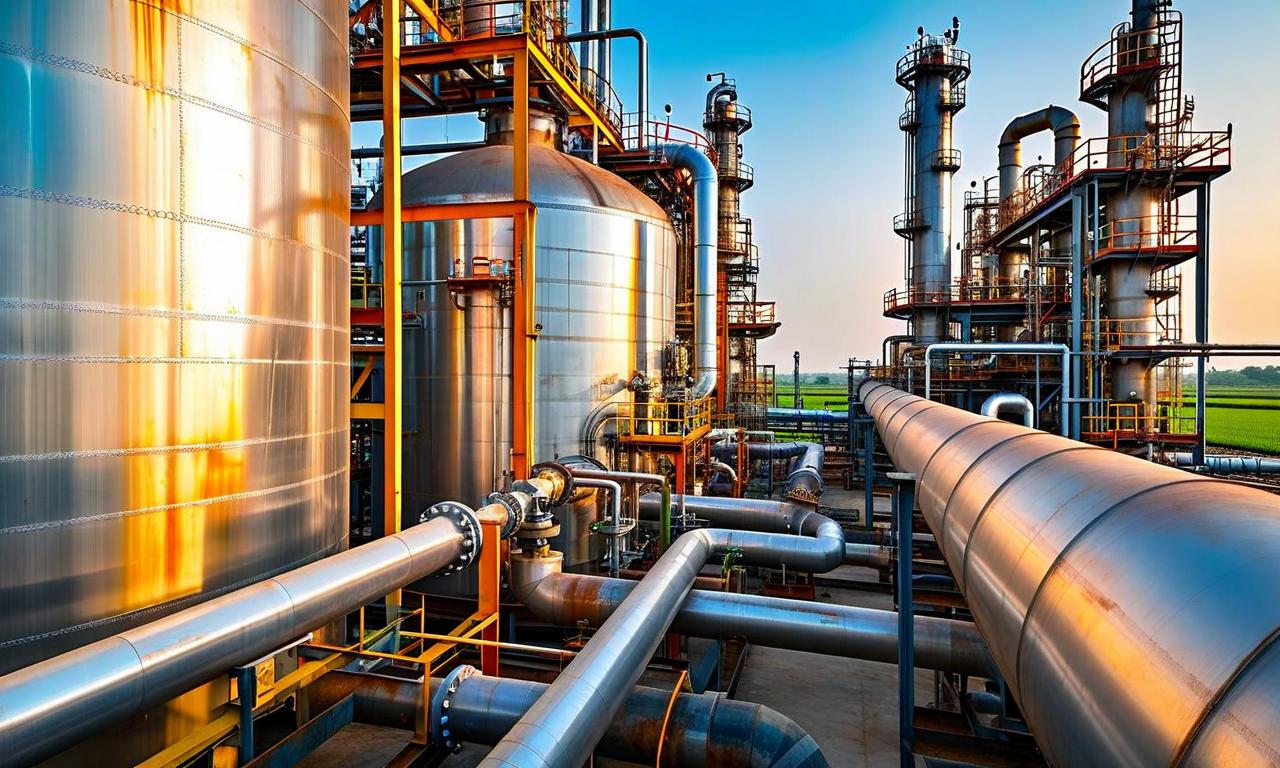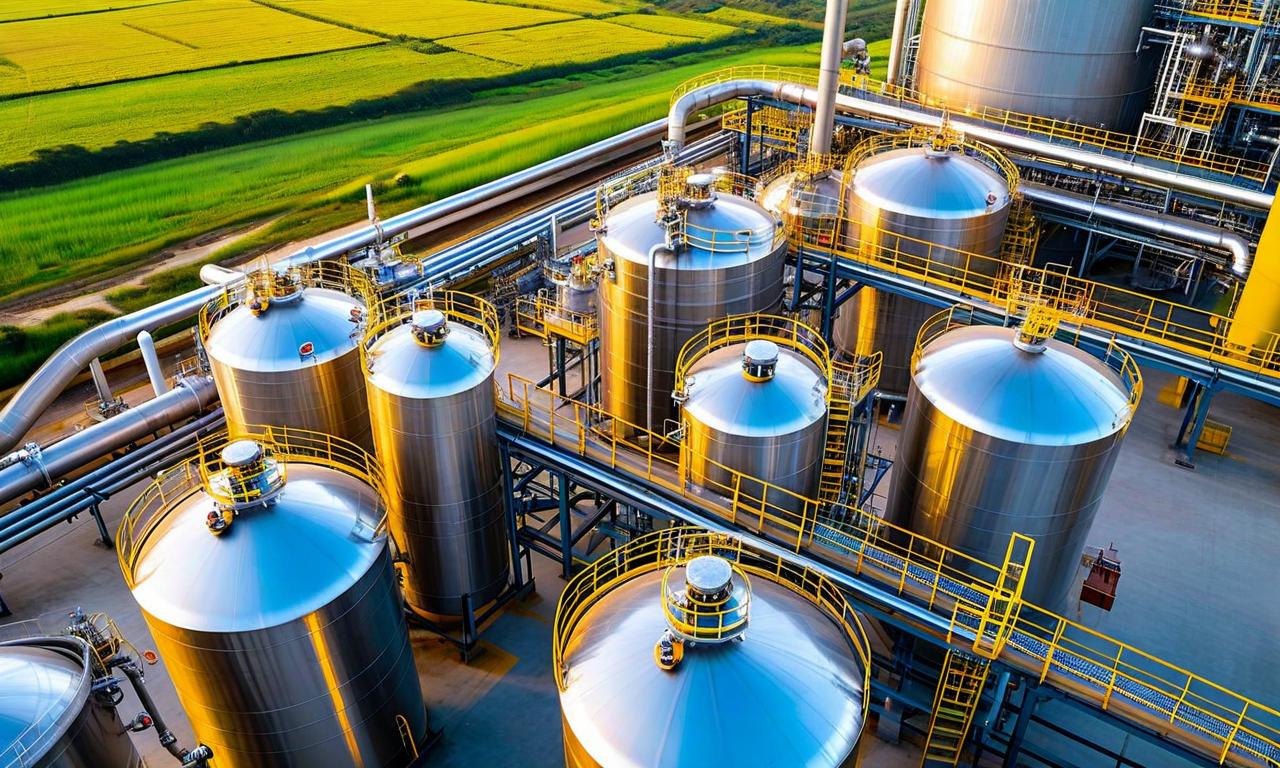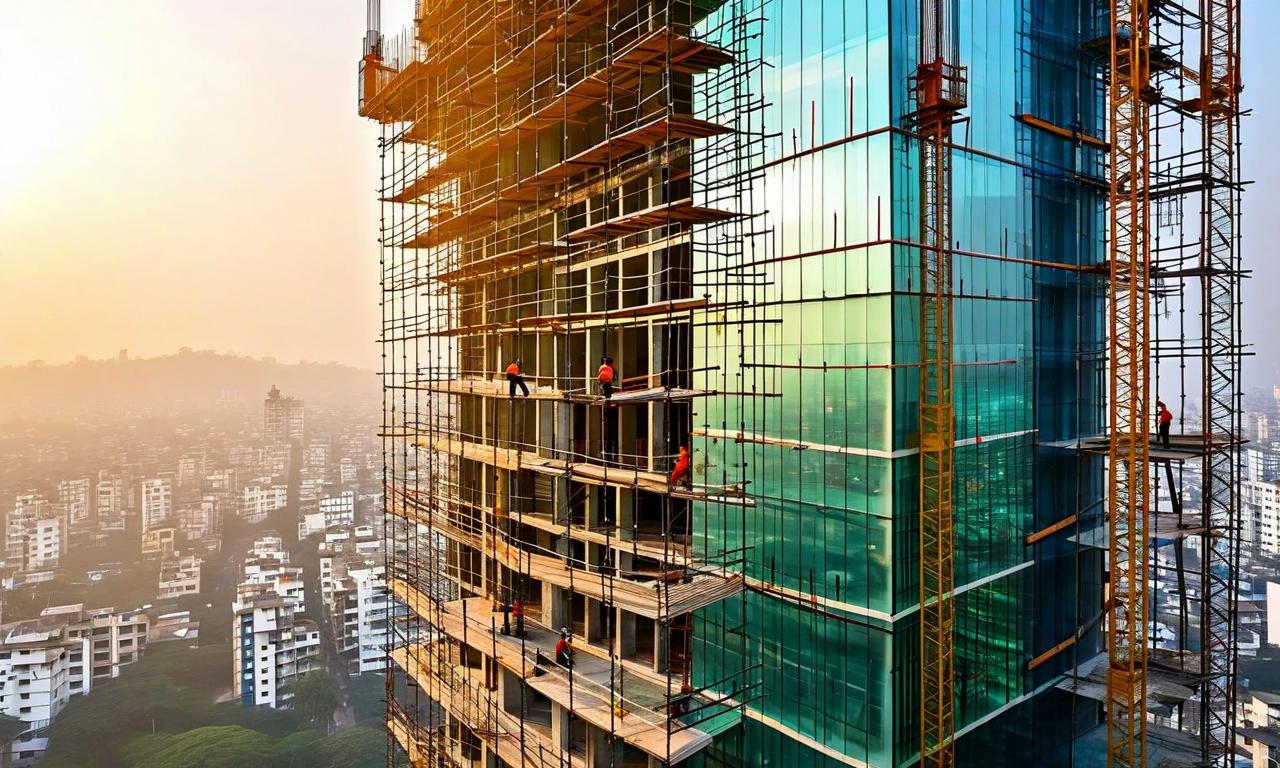SRF Gains Breathing Room as Export Obligation Period for QCO Products Extended
SRF has received an extension on the export obligation period for Quality Control Order (QCO) products from 6 months to 18 months. This extension provides SRF with increased flexibility in managing production and export schedules, mitigates risks associated with short-term market fluctuations, allows for more strategic planning of export activities, and enables better management of compliance requirements for QCO products. The extension is likely part of broader measures to support Indian chemical exporters in navigating global market challenges.
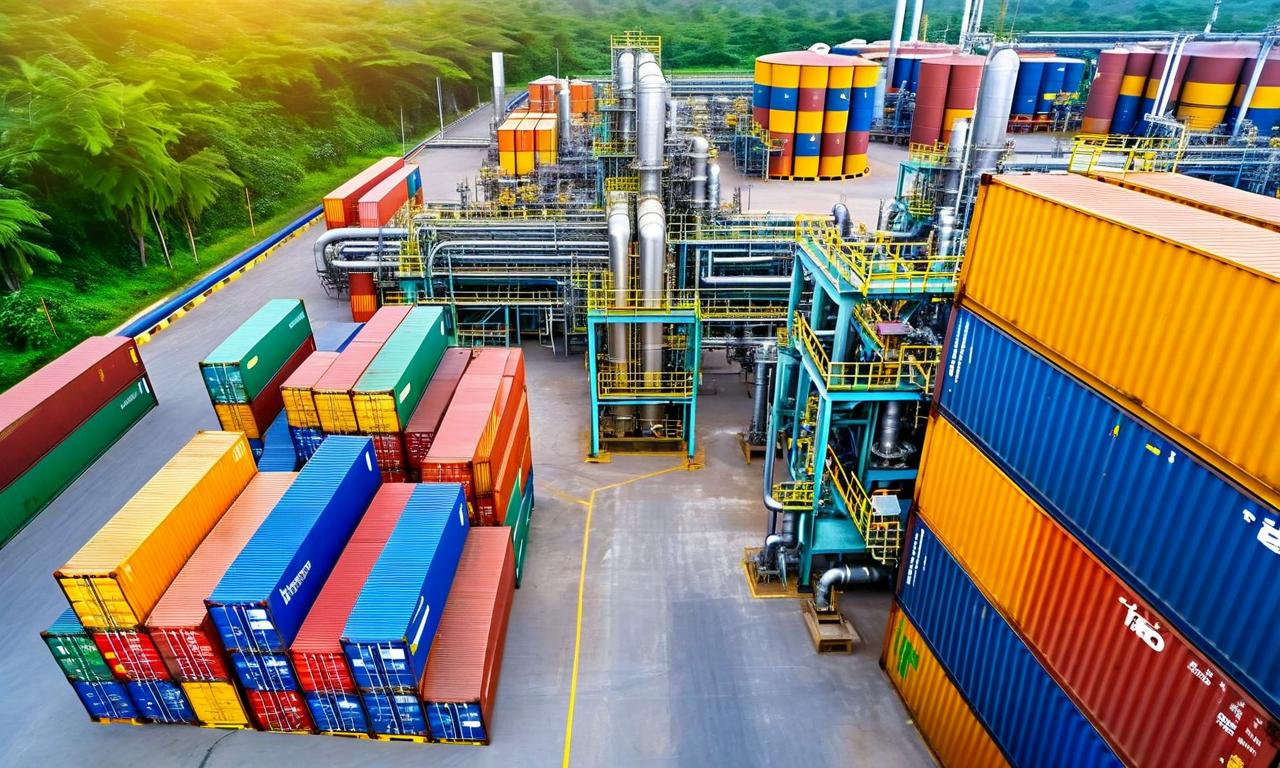
*this image is generated using AI for illustrative purposes only.
SRF has received a significant reprieve as the export obligation period for Quality Control Order (QCO) products has been extended from 6 months to 18 months. This development provides the company with additional time to fulfill its export commitments for these chemical products.
Extended Timeline for Export Obligations
The extension of the export obligation period from 6 months to 18 months represents a threefold increase in the time frame available to SRF. This change is particularly crucial for products falling under the Quality Control Order, which are subject to stringent quality standards and regulatory requirements.
Implications for SRF
The extended timeline offers several potential benefits for SRF:
Increased Flexibility: With an additional 12 months to meet export obligations, SRF gains more flexibility in managing its production and export schedules.
Risk Mitigation: The longer period helps mitigate risks associated with short-term market fluctuations or unforeseen challenges in the export process.
Strategic Planning: SRF can now engage in more comprehensive strategic planning for its export activities, potentially leading to improved efficiency and market penetration.
Compliance Management: The extended timeline allows for better management of compliance requirements associated with QCO products, ensuring high-quality standards are maintained without undue pressure.
Industry Context
This extension is likely part of broader measures to support Indian chemical exporters in navigating global market challenges. It reflects an understanding of the complexities involved in exporting specialized chemical products that must adhere to strict quality control standards.
For SRF, a major player in the chemical export sector, this regulatory adjustment could prove to be a significant advantage in maintaining and potentially expanding its position in the international market. The company now has more room to maneuver in aligning its production capabilities with export demands while ensuring full compliance with quality control requirements.
As the chemical industry continues to face global supply chain disruptions and evolving regulatory landscapes, such policy adjustments can play a crucial role in supporting the competitiveness of Indian exporters like SRF in the international market.
Historical Stock Returns for SRF
| 1 Day | 5 Days | 1 Month | 6 Months | 1 Year | 5 Years |
|---|---|---|---|---|---|
| -1.22% | -2.81% | +5.93% | -0.60% | +32.23% | +238.58% |
